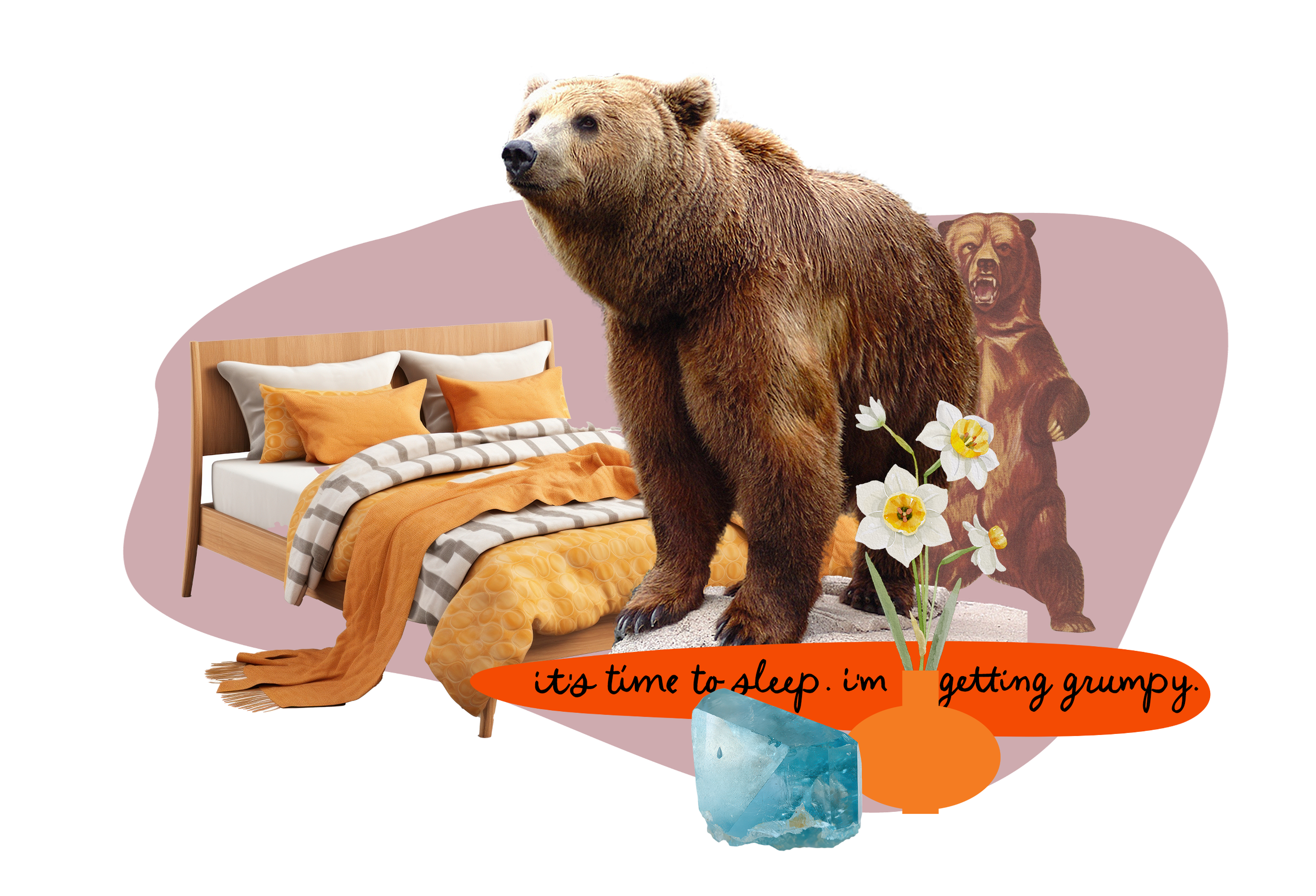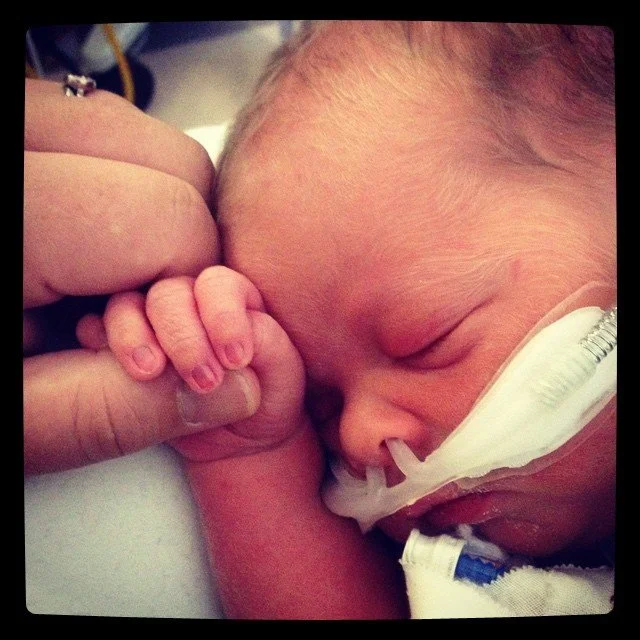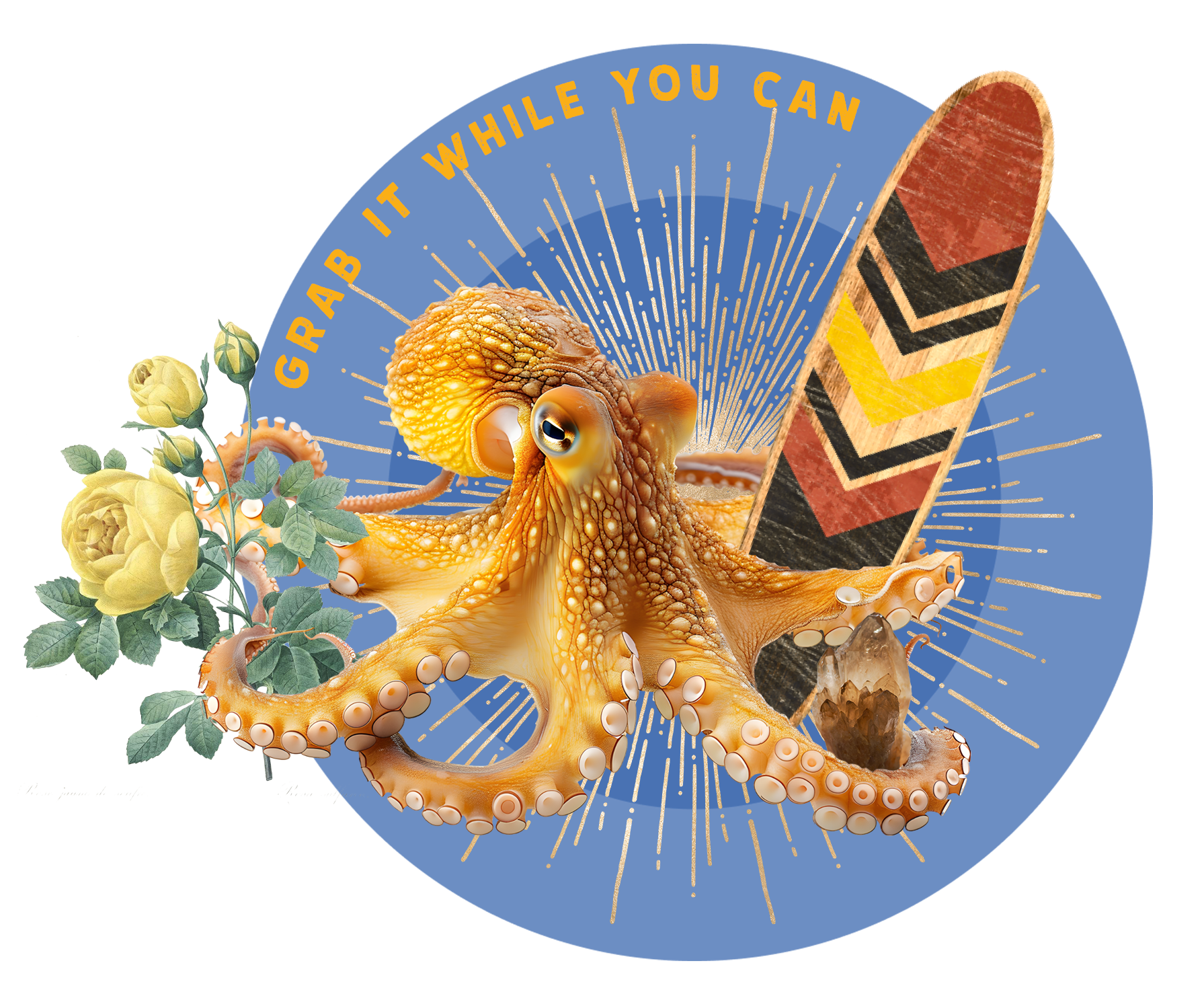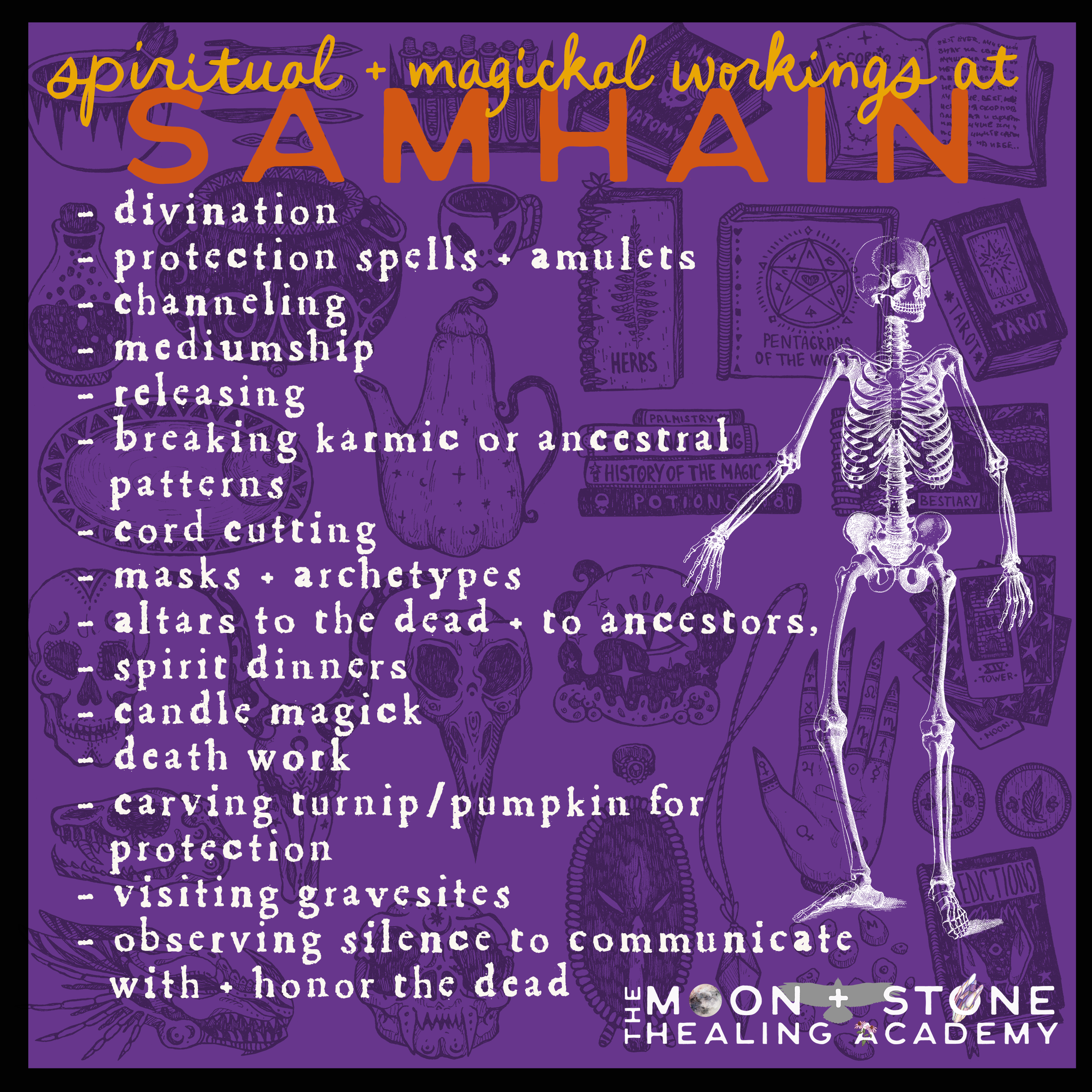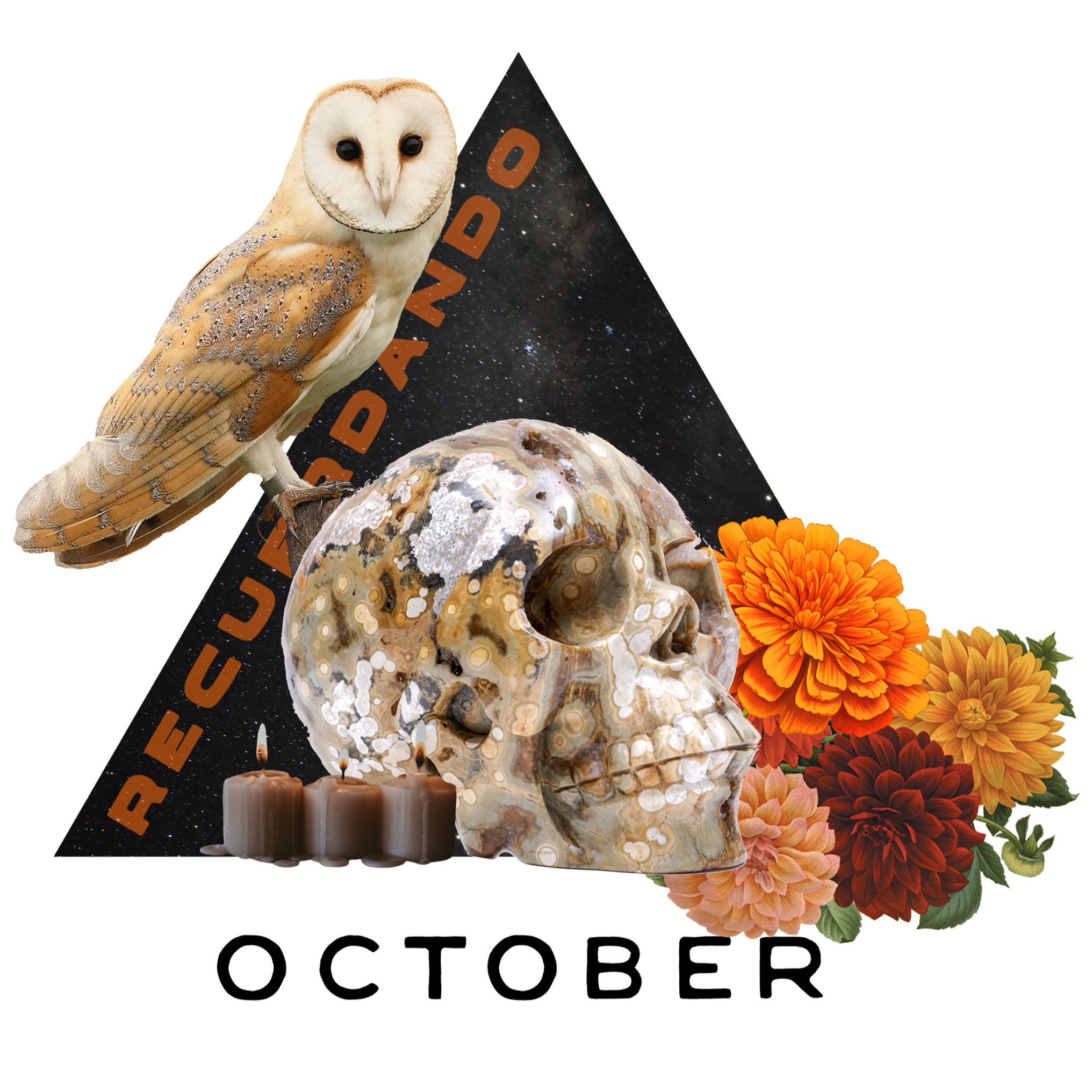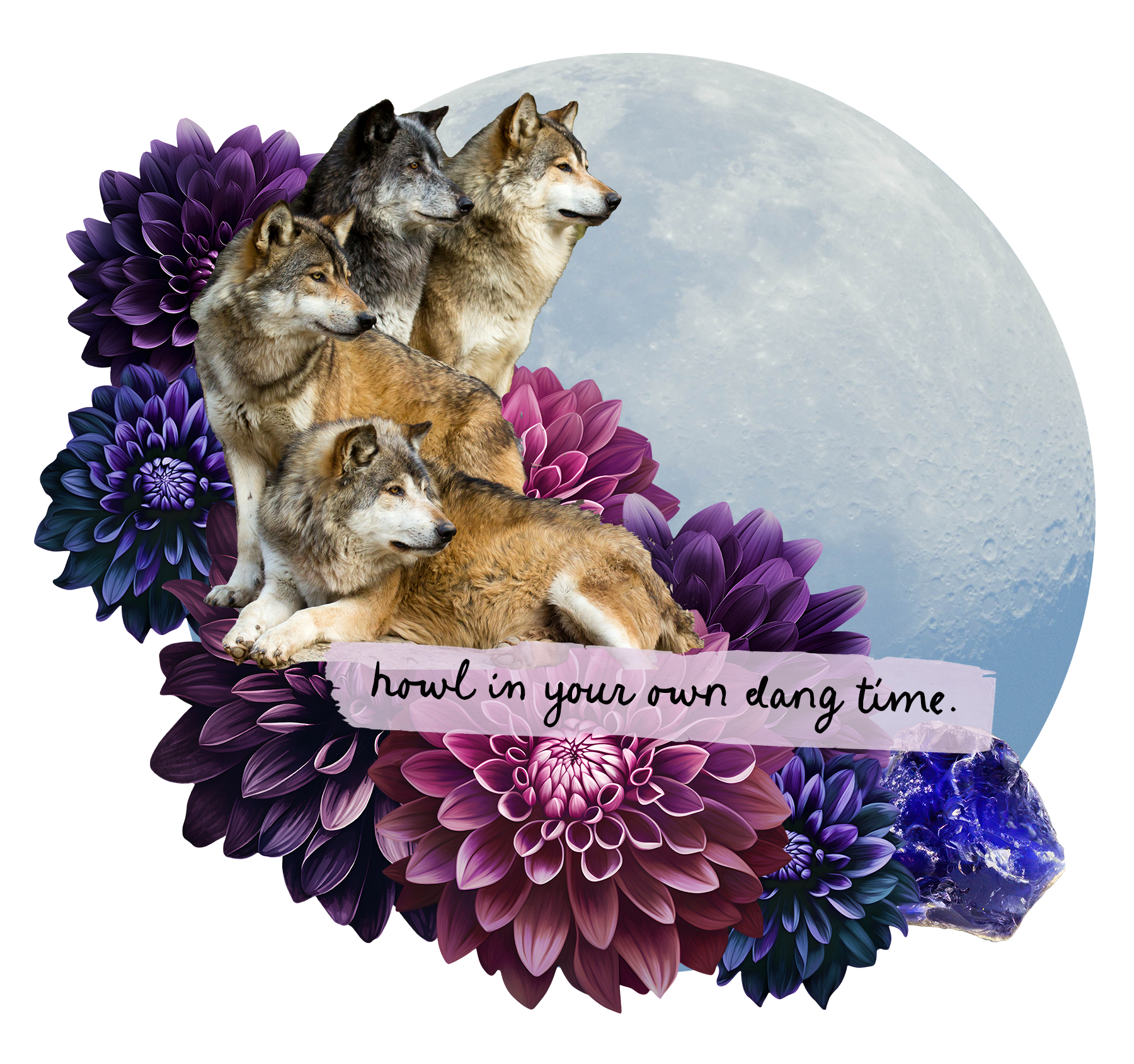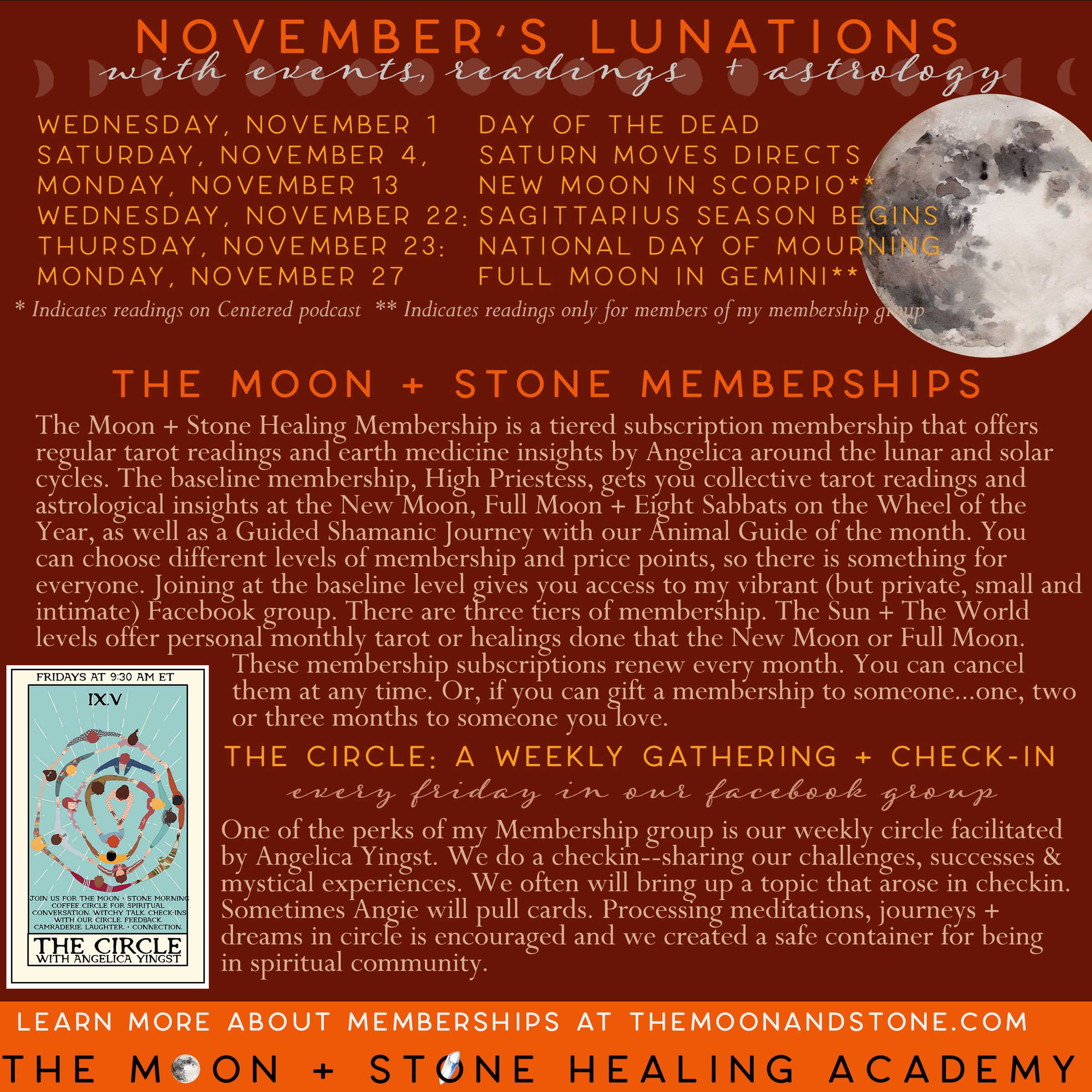December is here, and it feels like a crossroads wrapped in a winter blanket. This month brings us right to the bendings of the lunar nodes—the karmic pivot points—where the universe asks us to pause, breathe, and decide what we truly believe. And at the very same time, Earth Medicine invites us to crawl into the cave, curl into our own ribs, and let the year settle into our bones.
It’s a potent mix of crossroads + hibernation, truth-telling + sacred rest. And honestly? That feels exactly right for the closing chapter of 2025.
In this month’s Centered Podcast, I walk you through the big astrology of December:
✨ the Gemini Full Moon that clarifies the story
✨ Neptune’s final station in Pisces (yes, the end of an era)
✨ the Sagittarius New Moon and what wants to be born
✨ Solstice + the Sun entering Capricorn
✨ Jupiter square Chiron and the questions it stirs
✨ Mars moving into Capricorn, where it finally finds clean direction
This is the month where dream meets reality, where intuition meets discernment, where surrender meets structure.
And alongside the astrology, we explore December’s Earth Medicine allies:
🐻 Bear, who teaches us to honor our cycles and trust the cave
💎 Blue Topaz, the stone of gentle, honest clarity
🌼 Narcissus, the winter bloom of self-recognition and soul-truth
❄️ Owning where you are, without shame or rush
🌙 Hibernation + sacred rest, as the most ancient form of preparation
December is not subtle.
It asks you to inventory the year with tenderness, to name what’s dissolving and what’s ready to be built, and to let yourself rest enough to hear the next true step.
If you're craving a quieter rhythm, if you're on the edge of a decision, or if you're simply exhausted from holding too much for too long—this episode is for you.
Listen to the full December Earth Medicine & Astrology episode here:
have you been following the
I’ll be offering 12 days of magical, limited-edition, ritual-infused offerings — everything from tarot to crystals to mini altars to grief medicine to sacred art. This is my version of an advent calendar for witches, mystics, intuitives, healers, grief-walkers, and anyone craving beauty + meaning at the end of the year.
Each day, I’ll be releasing one-day-only offerings that weave together everything I love:
tarot
earth medicine
crystals
ritual
grief healing
art
shadow work
energy healing
Expect:
The 2026 Moon + Stone Healing Calendar
Portable altars
Mystery tarot envelopes
Reiki
Solstice rituals
Crystal mystery bags
Shadow work tools
Grief medicine
Sacred art
Digital tarot goodies
Day 1 is still on until 12pm, and I am offering my beautiful Angie-designed Desktop Calendars with Tarot, Earth Medicine and affirmation for the month. A little irreverent and cheeky, but insightful and beautiful. Check out the offering right here:
Want to stay in the loop with the 12 Days of the Moon + Stone Healing Alchemy? Subscribe to my newsletter for monthly readings, podcast alerts, and deals from the 12 days of Alchemy.


